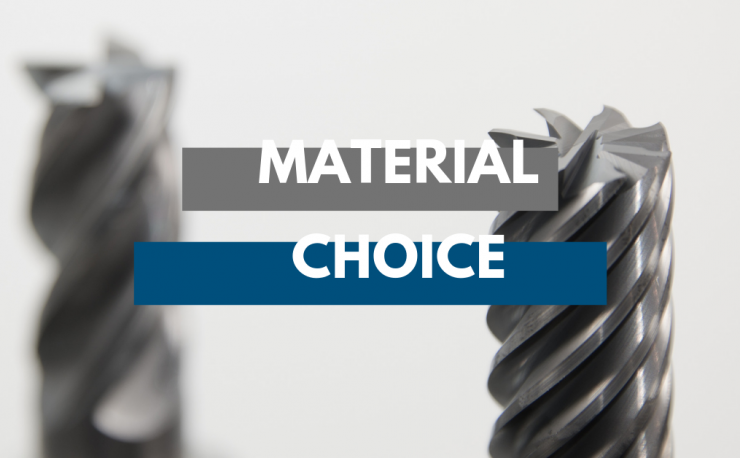
How do you choose the material to use for a particular application (for example in industrial plants)? A number of factors are used in the selection process, including environmental factors, stresses and processing.
Many factors, different consequences.
All factors mentioned above can, in fact, generate defects in the material. They can also interact with defects already present on the material itself. So what can happen in the presence of these defects? The latter can, in fact, evolve over time in two ways: in a “controlled” way or in a catastrophic way. For this reason, you always have to have a look at the efficiency and good operation of the plants. How should we behave? The defects, first of all, must be:
- Detected
- Measured.
All components, therefore, will need to be able to deal with process constraints in the first place, in addition to complying with standard requirements and international certifications to meet the reliability parameters of industries (e.g. aviation industry, petrochemical industry, nuclear industry).
The criteria to be met in the choice.
Depending on the industrial processes and the types of substances that are exploited, the choice of materials must take into account some criteria such as chemical, thermal and mechanical resistance. In addition, it will have to meet the most important security criteria. It is therefore essential that all these criteria are applied to every component in the system as pipes, valves, tanks, fasteners, etc.. It happens, in fact, that during a production process, the different parts come into contact with different substances (with unique chemical characteristics) with different temperatures.
Industrial plants. How to choose the type of material?
For use in chemical processes with different types of substances, for example, will serve a material with high corrosion resistance and excellent thermal qualities (e.g. for distillation columns in the chemical industry the choice will fall on graphite, nickel alloys or steels such as stainless and carbon). Another example is the pharmaceutical industry, here it is common to use PTFE coatings that are able to withstand both severe thermal conditions (to -50° from +250°) and highly corrosive environments. In other cases, the use of metals is preferred. Stainless steel, for example, is often used for the construction of reactors, tanks, mixers, columns and pipelines. Titanium, on the other hand, is chosen in case there is a need for high resistance to metal salts, chlorine, hydroxide and some acids (as nitric and chromic).
Visit our website and discover how easy it is for businesses to buy online our stainless steel products.
Fasteners, marine hardware, fittings and fixing systems for photovoltaic installations.
Do you want to read more articles? Click here.